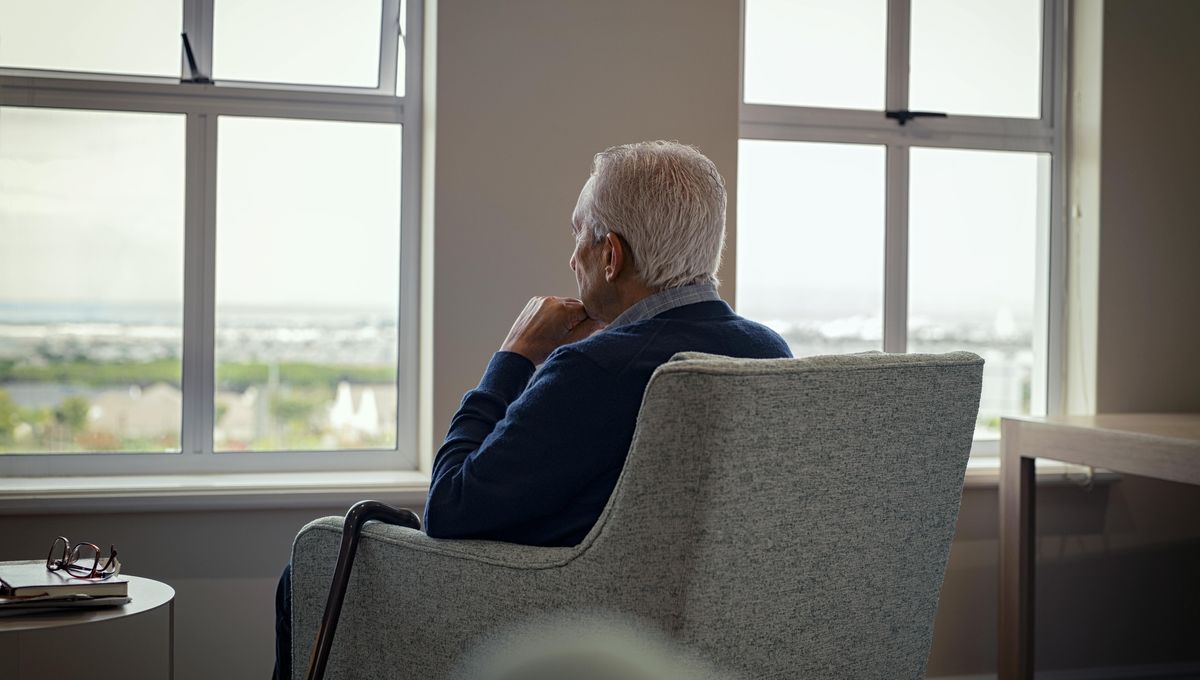
Losing a loved one, either through a breakup, divorce, or death, is a pretty traumatic experience for most people. However, in some cases the loss can result in actual health problems. This can include experiencing chest pain and shortness of breath. Although most people recover quickly, a small number can actually die from these symptoms of what is commonly referred to as “broken heart syndrome”, and now researchers have found that men are more than twice as likely to die from this bereavement condition.
It may sound like something from a story, but the idea that someone can die from a broken heart is real. The condition is formally known as takotsubo cardiomyopathy, which can be triggered by extreme emotional distress. However, while “broken heart syndrome” does cover people who develop the condition due to emotional stress, it can also be triggered by physical stress, such as surgery or stroke.
In either case, when the body undergoes sudden stress it releases an overwhelming load of stress hormones, like cortisol and adrenaline, which put pressure on the heart, causing its main pumping chamber to change shape (it apparently resembles a Japanese octopus trap, called a takotsubo pot). This makes it difficult for the heart to function properly.
Existing research has shown that women appear to experience broken heart syndrome more often than men. It is also known that in many cases, people who experience this condition will recover quickly, However, this is not always the case.
At present, little is known about the overall course and frequency of the condition. In order to address that, researchers at the University of Arizona analyzed data from just under 200,000 US adults who were hospitalized with takotsubo cardiomyopathy between 2016 and 2020.
The results confirmed previous findings indicating that women experience the condition more than men. In this instance, 83 percent of cases were in women. But the results did highlight a previously unknown trend related to age.
“It has been previously found that [takotsubo cardiomyopathy] incidence increases with aging and usually follows a stressful situation, either emotional or physical,” the team explain in their paper.
“Our study revealed a sudden increase in incidence in the 46 to 60 years age group compared with the 31 to 45 years age group, with the older age group showing 2.6 to 3.25 times higher incidence.”
The authors believe this sudden rise could be due to a combination of factors, including stress levels, hormonal variations, changes in alcohol use, smoking, or undertreated conditions such as hypertension and hyperlipidemia.
“This new age‐related finding holds important clinical implications. It could serve as a useful tool in discriminating between acute coronary syndrome and TC, aiding in the early diagnosis of this condition without a previous assumption that TC is a condition specific to older adults,” the team say.
In addition to this, the results also showed that men are two times more likely to die from broken heart syndrome than women. The reasons for this difference are not yet understood, even though the fact has been observed in previous work. One factor could relate to the triggers that cause the condition in many men. Whereas women tend to get broken heart syndrome after experiencing extreme emotional events – such as the death of a loved one or the loss of a job – men tend to be triggered by physical stress events.
The study’s lead author, Dr Mohammad Movahed, suggested to NBC News that men may find it harder to recover from sudden broken heart syndrome because they often lack sufficient social support to help them address stress.
The team call for more research into the condition, especially ways to manage and improve the care patients receive.
The study is published in the Journal of the American Heart Association.
Source Link: Men Have Double The Chance Of Dying From "Broken Heart Syndrome" That Women Do